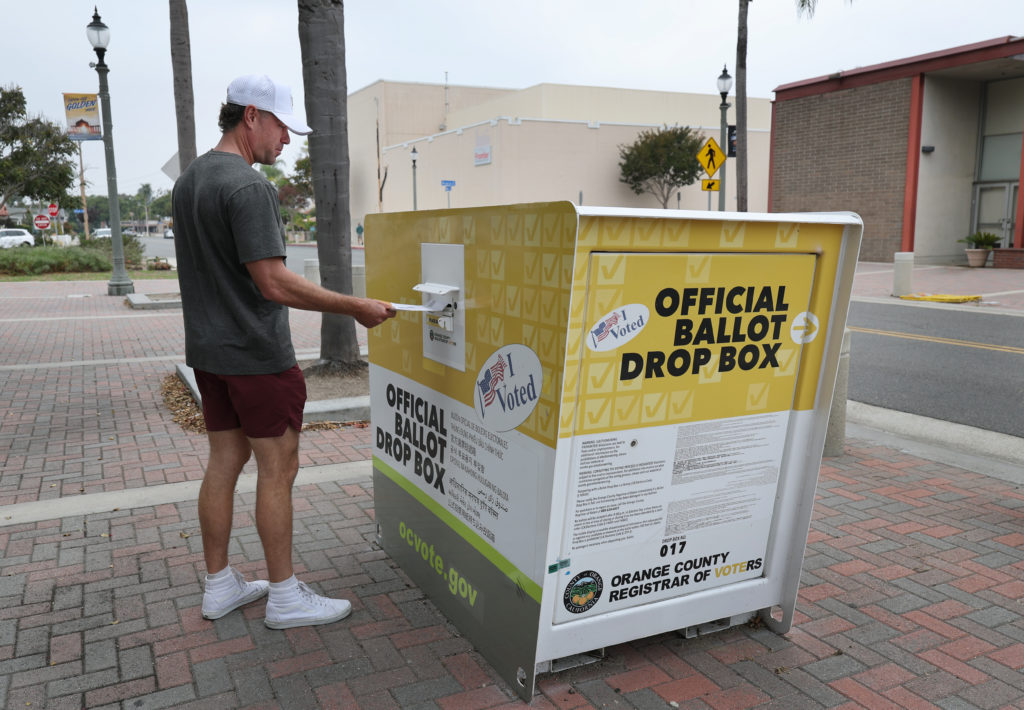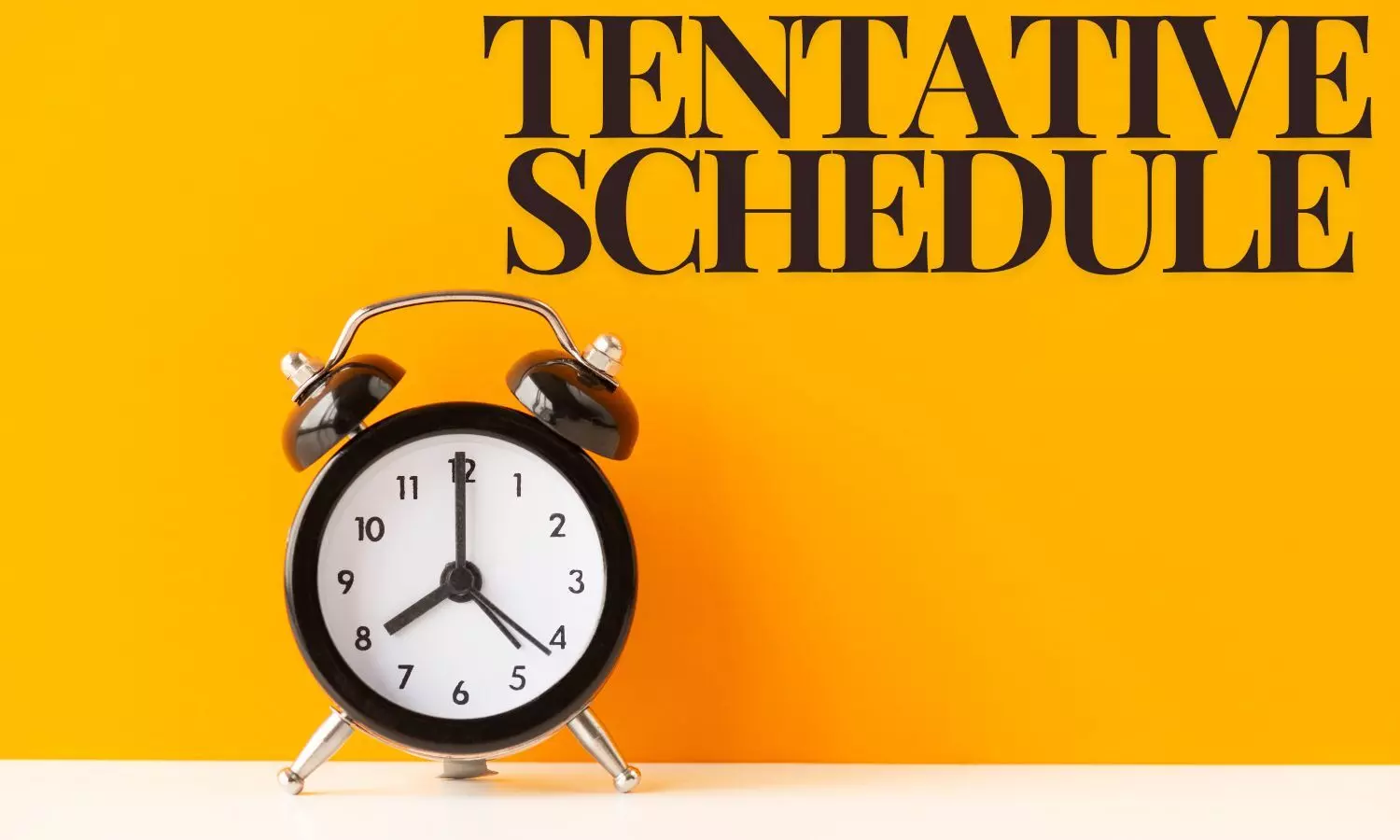Copyright PBS News

A majority of Americans support allowing anyone to cast a mail-in ballot, according to an August survey by Pew, which also showed strong support for requiring government-issued photo identification at the polls. Voters in Maine this week rejected a measure that would have put stricter voter ID laws in place. In response to a question from PBS News about whether the administration has any evidence of these claims, the White House provided a list of statements it says support the president’s concerns about fraudulent voting. But much of what the White House pointed to as evidence for these claims does not prove widespread voter fraud. Here’s a closer look at each point shared by the White House with additional context provided by PBS News. “CA does not use voter ID.” It is true that California does not require voter ID to cast a ballot. The state does require a current and valid driver’s license number, or state ID number or the last four digits of one’s Social Security number to register to vote, however. “CA uses universal mail in balloting which we know to be vulnerable to fraud and abuse.” California is one of eight states, plus Washington, D.C, that mail ballots to all active registered voters. More broadly, 28 states allow “no-excuse” absentee voting by mail. The White House cited the bipartisan Carter-Baker Commission, which found in 2005 that “[a]bsentee ballots remain the largest source of potential voter fraud” and “[v]ote by mail is … likely to increase the risks of fraud.” The Carter-Baker commission report is often cited for this line about absentee and mail-in balloting. But the late former President Jimmy Carter issued a statement in October 2021 expressing disappointment with how the report was “selectively referenced,” and noted that “vote by mail practices have progressed significantly” since the report was originally published. Elections officials around the nation have a number of measures in place to verify mailed ballots and protect them against tampering. Overall, multiple government and independent analyses have found that voter fraud is rare, including by mail. PBS News’ Liz Landers asked White House press secretary Karoline Leavitt Nov. 4 for the evidence behind the president’s claims of voter fraud in California. “CA mailed nearly 10 million mail-in ballots that were never returned in the 2024 election, which shows the potential for fraud and abuse.” The White House pointed to The Election Administration and Voting Survey from 2024, which shows that California sent 23,003,434 ballots by mail in 2024; 13,185,566 were returned. Mail-in ballots that are not returned are not counted as votes. Vote-by-mail ballots require a signature that must match the signature on file with the elections office. According to the California Secretary of State: “California Elections Code section 3017(c) requires county elections officials to establish procedures to track and confirm the receipt of vote-by-mail ballots and to make this information available by means of an online access system using the county’s elections division web site or via a toll-free telephone number.” ”San Francisco allows non-citizens to vote in local elections which creates a high risk of fraud in federal elections (non-citizen voting in federal elections is prohibited by federal law).” San Francisco, like some other municipalities across the country, allows noncitizens to vote in select local elections — in this case, board of education elections. The city explicitly prohibits people who are not citizens from voting in “any other local, state, or federal election.” Federal law prohibits noncitizens from voting in any federal election. “The DOJ recently sued an Orange County, CA election official for access to information on non-citizens in the county’s voter rolls after it was revealed that 17 non-citizens were registered to vote there.” The 10-page lawsuit filed by the Department of Justice in June does not allege that any noncitizens voted in Orange County — just that they were registered. The Department of Justice has recently sued other states, including Pennsylvania, for information about their voter rolls. Orange County registrar of voters Bob Page, the defendant in the lawsuit, told PBS News Hour in an emailed statement on Wednesday that “I am not aware of any specific voter fraud committed during the 2025 Statewide Special Election. But, if suspected fraudulent activity is identified by [Orange County registrar of voters] staff or is reported to me by a third party, I will forward it to the Orange County District Attorney or California Secretary of State for them to investigate.” Page also said there were no disruptions of voting in Orange County during this election, and that no municipalities in the county allow noncitizen voting. “A DOJ lawsuit against California and Secretary of State Shirley Weber noted that: California reported 2,178,551 duplicate registrations in the 2024 election cycle – 15.6% of total registered voters – and seven counties completely failed to provide data on duplicate registrations. California only removed 378,349 registered voters for death (11.9%), which was well below the national average.” California was one of six states sued by the Justice Department in September for their voter data. The state’s entry for duplicate voter registrations in The Election Administration and Voting Survey from 2024 notes that some of the state’s counties are “unable to distinguish between new, duplicate, or updated online registrations.” Seventy-three percent of the registration transactions the state processed were for valid new registrations or updates to existing registrations, according to EAVS data. The report does not provide an average nationwide percentage for death removals . Trump’s claims about illegal voting go back to 2016, when he claimed without evidence that he won the popular vote if the people who voted “illegally” were not counted. During Trump’s first administration, he formed a voter fraud commission headed by then-Vice President Mike Pence to investigate alleged voter fraud in the 2016 election, including asking for detailed voter information from states, like date of birth and partial social security numbers. The commission was ultimately dissolved in 2018 without any major findings of fraud. The California secretary of state responded to the DOJ lawsuit, saying, “State law is clear—California has a legal obligation to protect our voters’ sensitive private information. The U.S. Department of Justice has refused our invitation to view the data in the manner contemplated by federal statutes that would protect California citizens’ private and personal data from misuse. They failed to provide sufficient legal authority to justify their intrusive demands, and this lawsuit constitutes an unprecedented intrusion unsupported by law or any previous practice or policy of the U.S. Department of Justice.” VoteCal, the state’s centralized voter database, says it regularly scrubs its list on a daily, weekly and monthly basis, including against “death records from the California Department of Public Health, the Change of Address (COA) from the Department of Motor Vehicles (DMV), the National Change of Address (NCOA) from the Employment Development Department (EDD) and the California Department of Corrections and Rehabilitation for felons.” “One California woman faced felony charges for registering her dog to vote and casting multiple ballots.” The Orange County District Attorney charged a Costa Mesa woman with five felonies after she illegally registered her dog to vote. She cast ballots sent to the dog in the 2021 and 2022 elections in Orange County. The dog’s vote was successfully counted in the 2021 gubernatorial recall election, which voters opposed by a margin of 3 million. The dog’s ballot was rejected in the 2022 primary election. The woman self-reported to the Orange County Registrar of Voters office in 2024 and was charged in September 2025.



